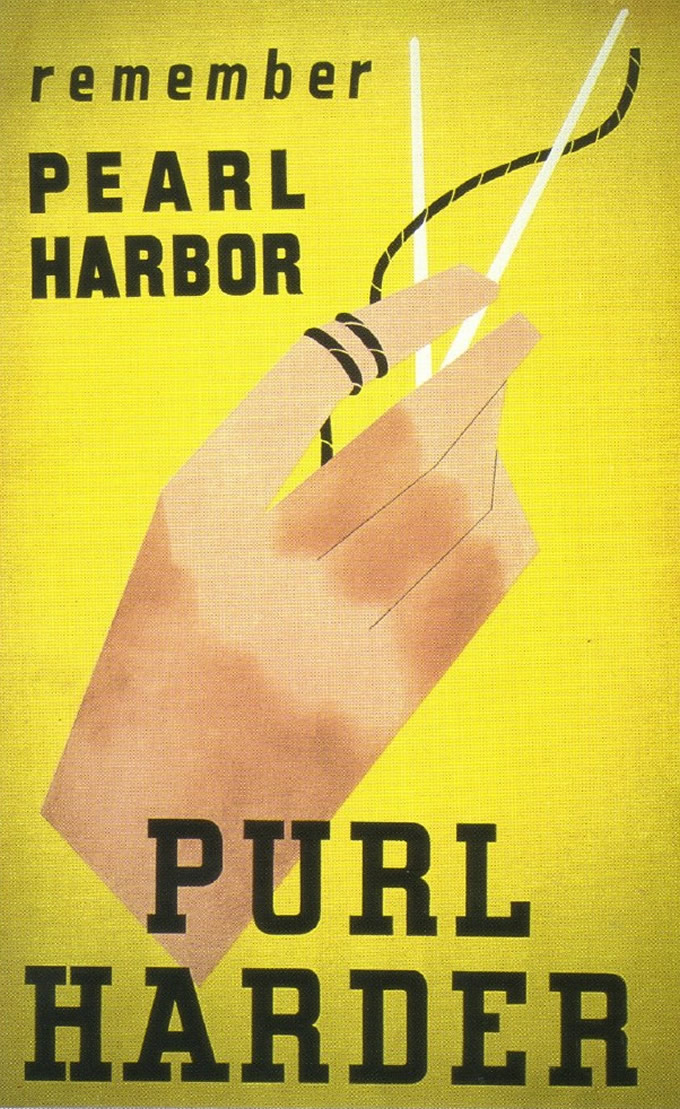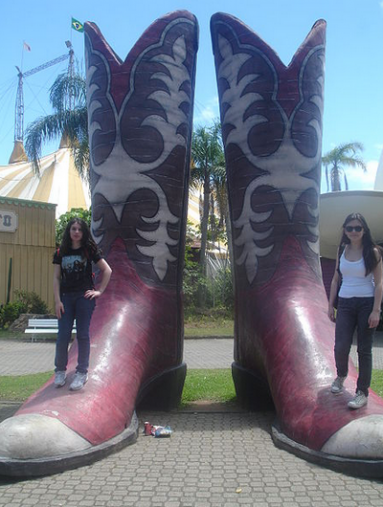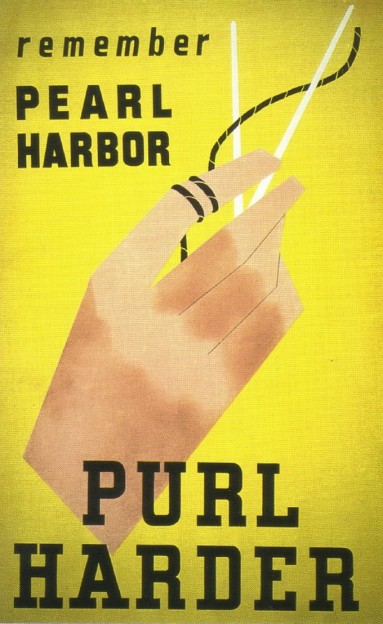What's going on in beauty this week, from head to toe and everything in between.
From Head...
And yes, the leader's last name is Mullet: Members of the rogue Amish sect responsible for a spate of hair- and beard-cutting attacks on other Amish people were found guilty of committing hate crimes. Sentencing isn't until January, but the hate-crime classification carries a far stiffer possible sentence than mere assault—decades, perhaps.
...To Toe...
Everything's bigger in Texas: Sarah Hepola's wonderful series examining the beauty rites of Dallas women zeroes in on sky-high heels and how they intersect with the city's car culture.
...And Everything In Between:
Drug war: L'Oréal gets a slap on the wrist from the FDA for making claims about eight of their products that, if accurate, would mean the product should be classified as a drug instead of a cosmetic.
Learning curve: In order to successfully target emerging markets, personal care behemoths must understand not just the product needs of different populations, but the very way societies shop. How to distribute widely and effectively in India when most people buy products at small neighborhood shops instead of large stores?
Avon stalling: The Securities and Exchange Commission has recommended no action be taken in one course of the Avon bribery scandal, in which Avon executives are suspected of bribing Chinese officials when seeking licensure for door-to-door sales. All this recommendation does is suggest that the state needn't investigate whether the company inappropriately contacted analysts during the bribery investigation, so the heat is still very much on Avon—not that that matters to the financial world, which saw a 2% increase in stock valuation directly after the announcement was made.
Certifiable: Retailer Whole Foods will start to independently verify that personal care products claiming to be organic actually are organic. It's a step in the right direction—this is part of what we're talking about with the somewhat meaningless phrase "corporate responsibility," oui?—but I can't help but wonder if this also lets the government off the hook. (Disclosure: In a capacity entirely separate from this blog, I do subcontracted work for the Whole Foods marketing division.)
Hey Mr. Taxman: Salons in northeast England are under review, with the taxman studying records to nab tax evaders. Four other industries are soon to follow. (Ladies first?)
Numbers don't lie: Theoretically, I'm all for transparency about numbers—weight, measurements, etc.—because the longer women safeguard their numbers, the easier it is to feel as though they're "wrong" somehow no matter what. (In practice, it doesn't work for me; anytime I read anyone's weight or numbers it is utterly impossible to not compare it to my own. Alas!) But in what universe is it okay for an interviewer to ask anyone their weight on national television?
Monster stories: Why are we so fascinated with grotesque tales of plastic surgery gone wrong? This lecture raises—and attempts to answer—the question. (Thanks to Elliott for the link!)
About-face: Meet the face-kini—a face covering some Asian women are beginning to wear to protect their faces from sun damage while swimming—which Worn Through considers with their characteristic analysis: "[T]he face-kini does have a resemblance to the balaclava. And while none of the Chinese beach-goers were wearing their face-kinis in support of the Russian punk band, it was an interesting coincidence that news of this new trend broke at the same time that the members of Pussy Riot were sentenced for their anti-Putin protests at the beginning of the year. However, it does serve to highlight just how a single garment can take on intense socio-political meanings in one culture (balaclavas have now become a symbol of political protest in Russia thanks to Pussy Riot), while a similar garment in another culture will not be affected in the slightest."
Layman's terms: The Royal Society of Chemistry makes a strong case for cosmetics scientists as "translators" of chemistry, transforming highly complex concepts and technologies into familiar items non-experts use and appreciate. The writer here focuses on the fragrance industry, putting fragrance marketing in a new light: How else can you translate an invisible product to potential buyers? At best, fragrance marketers are translators of the translators; at worst, they're the epitome of smoke and mirrors.
Well, it's about time: NASA technology finally comes in handy. “Using equipment originally created for the space program, this company is developing a line of very exciting new cosmetic products with biomolecules that are produced in a weightless environment. These advanced, anti-gravity skin care products represent a stunning breakthrough that can’t be reproduced by competitors." But to be clear, NASA is still not developing a nutricosmetic drink, no matter what that vicious aeronautics gossip mill says.
Provoked: Provocative photo of Stephanie Seymour being essentially choked by a male model on the cover of Vogue Homme spurs action among domestic violence activists. But yours truly maintains that it's the "provocative" bit that we should look out for here—has Terry Richardson ever shot a questionable image without knowing that it would boost his name?
Bit of trivia for you: Who was the first American woman to build a cosmetics empire? I hadn't heard of her before but her story is intriguing—involuntary commitment to an insane asylum, and an eventual reinvention of self as an influential journalist.
One-stop shopping: A South Korean department store tracked where cosmetics shoppers went after making a makeup purchase, and found that most women bought things other than clothes for themselves, speculating that cosmetics shoppers and clothes shoppers may have different purchasing psychologies. (Only women in their 40s were likely to go for a beauty-fashion double header, with other age groups going for accessories, children's clothing, or menswear.) Curious whether this would hold up internationally, given that South Korea is the global leader in cosmetic surgery, marking the nation as being outstanding in matters of personal appeaerance.
Beauty bust: Aw, crap, this BeneFit marketing campaign is actually hilarious, making me violate my own rule of steadfastly refusing to enjoy advertising or marketing campaigns. Dammit! Comic Sarah Colonna rides around on a Segway in a police uniform issuing tickets to pedestrians (who seem truly unaware that they're on film) for "beauty busts," like bad false eyelashes and socks with sandals. As AdWeek points out, insulting potential customers is a risky bet—but Colonna makes it work. Anything less than pitch-perfect and this would've been a lead balloon.
Future vision: Diane von Furstenberg demonstrates the Google glasses, which frankly still seem way mysterious, but A) this video helps, and B) it's cool to watch because you adopt the perspective of the glasses wearer.
Click of the heels: I've fantasized for years about shoes with interchangeable heel heights—and now my dreams are reality! (Too bad I don't like the overall style, but whatever.) Bonus points for anyone who can determine why this shoe is being described as "feminist"? (Thanks to Lindsay for the link.)
Drop stitch: A brief, and sublime, history of the subversive politics of knitting.
The beauty of sobriety: This has made the rounds, and deservedly so—Olivia Singer on the intersection of beauty products, drug abuse, eating disorders, and recovery: "Nothing made me feel closer to my new roommate than when she unpacked a sack of facemasks that rivaled mine—when rather than just talking about how our mutual drug of choice had ravaged our lives, we could talk about how to minimise our pores. Nothing made me feel more like a normal girl than when we all stayed in on a Saturday night watching X-Factor and I could show everyone how to DIY nail art. I was no longer making myself up to hide everything I was ashamed of, because there was less and less to hide."
This is 30: It's a twofer, people: Elizabeth Nolan Brown's delightful This Is 30 features pictures of women who are, well, 30, and Phoebe Maltz Bovy's riff on it is a treat too. "[W]e also want to look young...for reasons not unlike scrappiness oneupmanship, reasons specific to living in a meritocracy. If you've achieved X before you started going gray, or before you noticed those lines on your forehead, then you're basically a child prodigy. For those new at any life stage, there's something amazing about the fact that you do the same thing as that real grown-up over there."
Kosmetikum: Venusian Glow continues the Beauty Around the World series, this time with Germany. Yeah yeah, plenty of German women don't depilate body hair—but I was surprised to learn that well-cared-for hands are considered essential. Who knew?
Live art: I've seen these incredible live-art pieces before: people painted in distinct artistic styles so that it appears that they're actually created from pointillism or whatever, walking around live and in the flesh. But Kourtney takes it a step further, asking how this is really any different from the ways so many women paint ourselves every day.
Bathing beauties: I am a sucker for old-timey beauty pageant pics, and this collection is a total hoot. Can you imagine a shot being taken today like the one with the winner laying between their fellow contestants' legs? (Thanks to Baze of Beautycism for the link.)
20 centimeters, for the record: Scratch the above. Can you imagine a world where the distance between beauty pageant contestants' nipples is actually a qualification for entry? Oh wait.
Fat envy: Jumping off from Rebecca DiLiberto's piece in HuffPo, Virginia asks if thin folks secretly envy fat people. This hit home for me—certainly I don't envy fat people the lack of "thin privilege" that I enjoy (I'm not what you'd call thin, but neither do strangers approach me to offer diet suggestions). But the truth is, if I weren't concerned with gaining weight, my food choices would be different. So yeah, why wouldn't I envy people who are able to eat intuitively without undue worry about belly pooch?
For shame: Sally on shame as a motivation for personal change: "[C]onsider carefully how much shame you include in your personal motivational cocktail. Shame often makes for a painful, weak, and unsustainable motivational force." I'd argue that shame is a painful, unsustainable, and very, very strong motivational force—but the end game here is the same: The fire of shame burns quickly.
Data entry: How did I not know about Bratabase before? An expertly designed bra database that can give suggestions for your specific shape and needs. (via Hourglassy)



